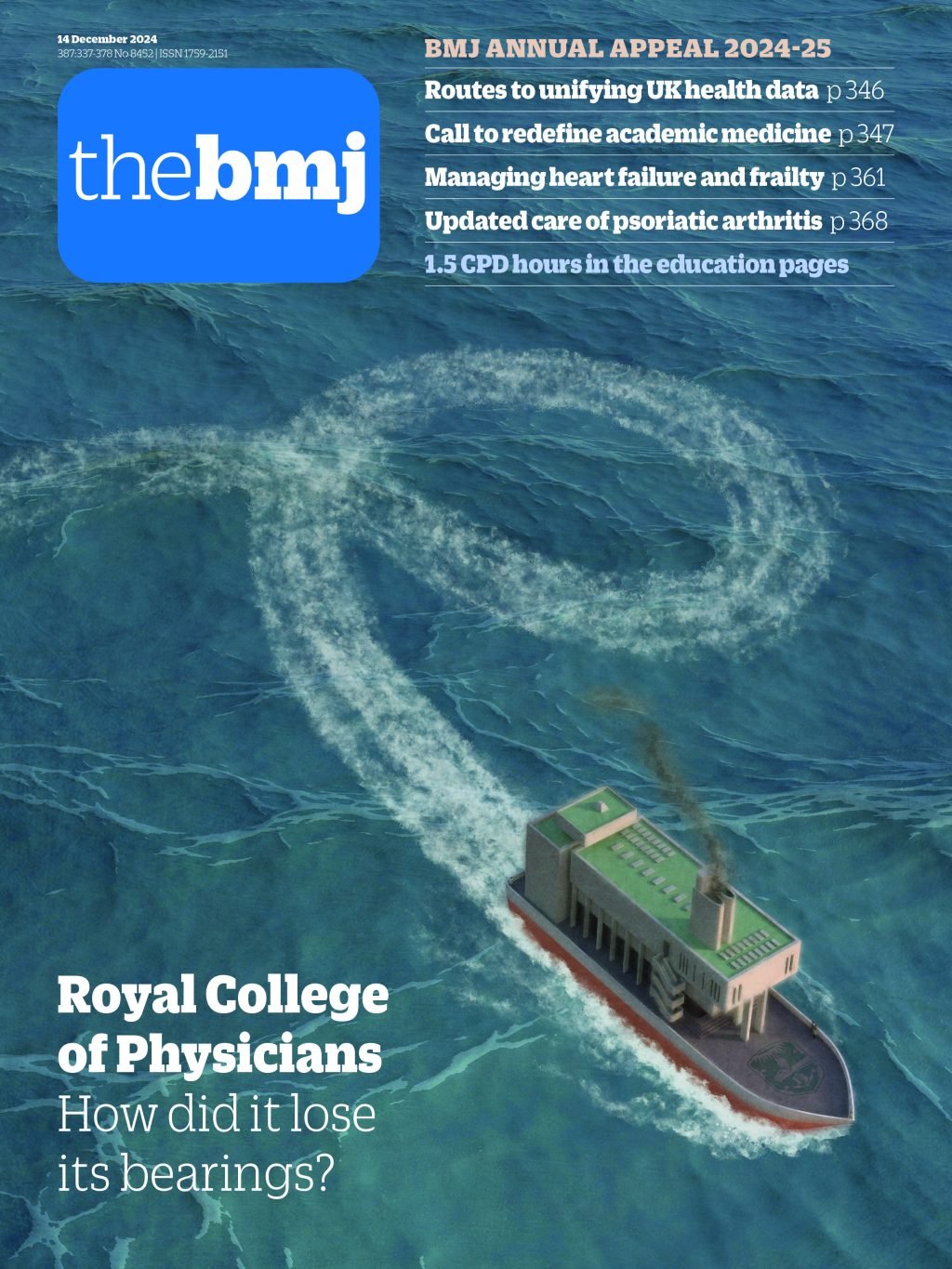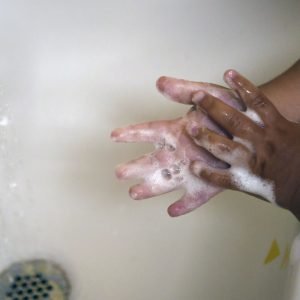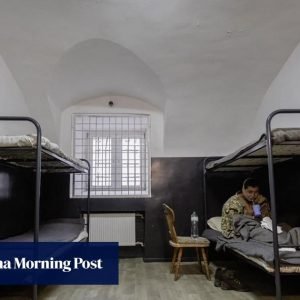
- Eatizaz Yousif, country director in Sudan,
- International Rescue Committee
As the country director for the International Rescue Committee (IRC) in Sudan, I have witnessed firsthand the devastating impact of a conflict that has torn our nation apart for more than 18 months. IRC’s Emergency Watchlist 2025 ranks Sudan, for the second year running, as the country most likely to face escalating humanitarian crises in 2025.1 In fact, analysis in the report finds that Sudan is experiencing the worst humanitarian crisis since records began. What began in April 2023 as a violent escalation of conflict has spiralled into a humanitarian catastrophe that has disrupted every facet of life and destroyed the very fabric of Sudan’s society—with women and girls bearing the most brutal consequences.
For millions of Sudanese people, both those still living within the country and the 3.1 million people who have been forced to seek safety outside its borders,2 the past year and a half has meant leaving our homes; being separated from family and community; and facing unimaginable difficulties in accessing essentials such as food, clean water, healthcare, fuel, and electricity. More than 10 million people are internally displaced within Sudan, with women and girls making up 53% of this number.23 More than half the population—25 million people—are facing extreme food insecurity,4 with areas such as Zamzam camp for internally displaced people in Northern Darfur already experiencing famine conditions.5 These numbers are staggering, yet they only begin to capture the scale of need.
Our healthcare system is also in ruins, with 70-80% of health facilities in the areas worst affected by conflict estimated to be barely operational or closed because of shortages of medicines, basic supplies, and staff.6 The remaining functional hospitals and health facilities are full of patients and are running out of drugs and supplies very quickly. More hospitals will have to close the longer the conflict continues. Millions of people are already deprived of critical medical care and this situation will only worsen.
Amid this humanitarian deterioration, women and girls are suffering particularly devastating consequences. Conflict and displacement have exposed them to an alarming increase in gender based violence, and reports of intimate partner violence, sexual exploitation, and abuse are widespread and increasing. The economic collapse of the country has stripped women of opportunities to earn a living, pushing many into desperate circumstances that heighten their vulnerability to exploitation, trafficking, and marginalisation. As hospitals and health centres have been forced to close, and healthcare staff forced to flee areas of fighting, women have also been left struggling to access lifesaving reproductive care and protection services, including psychosocial care.
Humanitarian organisations such as the IRC are doing everything we can to respond to this crisis. Since April 2023, my team and I have worked to scale up our emergency response to help meet the basic needs of the population—including women and girls—despite increasingly difficult conditions. We are committed to continuing our efforts to prevent and respond to gender based violence, provide access to women’s health services, and promote women’s economic empowerment.
One of my colleagues, herself displaced inside Sudan, is currently delivering lifesaving reproductive care to women in Tunaydbah camp for internally displaced populations. Since joining IRC in 2021, she has been displaced twice with the female members of her family and her sons—once from Khartoum when her house collapsed with her children inside, and again when the fighting reached Madani, where she had escaped to. At one point, forced to spend 10 days living under a tree as their only shelter, members of her family became ill, and she herself was alarmingly hospitalised.
Fortunately, my colleague and her family have found safety, and she now works tirelessly to provide essential healthcare services to pregnant women throughout the ante and postnatal periods. She also runs information sessions on family planning and hygiene for women in the camp. Despite the challenges she faces personally, the violence and disease that women and girls are exposed to drive her unwavering commitment to helping them reclaim their dignity.
The situation is dire not only within Sudan’s borders. Millions of Sudanese people have fled to neighbouring countries, such as Chad, South Sudan, Uganda, and Ethiopia, where resources are already strained and refugee camps are overcrowded and under-resourced—posing increased health risks, especially for women and girls. The IRC is scaling up its efforts in these countries to provide new arrivals with access to essential services, including healthcare, education, and protection. In South Sudan, for example, IRC have run Women’s Protection and Empowerment programmes in areas like Ajongthok, where women and adolescent girls who have fled Sudan receive vocational training in skills such as sewing, knitting, and crocheting to open up opportunities for income generation. These programmes help create economic opportunities and offer much needed psychosocial support. The services we provide are not just about survival—they are about restoring people’s hope and dignity.
In the words of my colleague, the midwife in Tunaydbah camp in Sudan, “I want the world to pay attention to what is really happening in Sudan. In Sudan, we need security and support from medication, food, health, and education, and the construction of health centres, hospitals, schools, and universities.” The people of Sudan need more than the world’s sympathy—we need concrete action.
Your support can be transformative. Donations to the IRC can enable us to provide more critical reproductive healthcare in Sudan, and in neighbouring countries where displaced people have sought refuge. We can protect more women and girls, deliver trauma informed psychosocial care, and help to restore hope in communities devastated by conflict and humanitarian disaster.
The BMJ’s 2024-25 appeal supports the International Rescue Committee’s work in conflict zones all over the world. Your donation will help provide essential support to people around the world whose lives have been shattered by war and disaster.
You can donate now at: https://help.rescue-uk.org/bmj
Footnotes
-
Competing interests: I am a full time employee of IRC and have no further relevant conflicts of interest to declare.
-
Provenance and peer review: Commissioned; not externally peer reviewed.
-
AI use: An early draft used AI to check for grammar/spelling issues, but nothing was written by AI.







